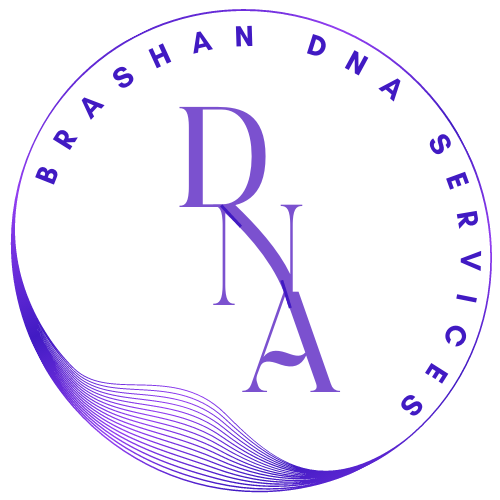What is the Accuracy of Paternity DNA Test?
What is the Accuracy of Paternity DNA Test? To answer this question, it is important to first discuss how scientists arrive at their conclusion after analyzing given DNA samples.
The DNA samples are sequenced to give a list of DNA locations when they arrive at the laboratory. Each location from each participant has a pair of numbers. A child’s pair of numbers come from one number from the mother and the second number from the father.
Accuracy of Paternity DNA Test
Paternity DNA tests are highly accurate, with a detection rate of over 99%. Therefore, there is a less than 1% chance that the test will give a false positive or negative result.
Since Paternity DNA testing is based on a statistical conclusion of the probability of paternity, it cannot be 100% accurate. Getting 100% accurate results will require testing every man of the same ethnicity on the planet to be able to exclude them.
What Affects the Accuracy
The accuracy is based on the number of genetic markers that are tested. The more markers that are tested, the more accurate the test will be. However, most paternity DNA testing labs test at least 16 markers, but some labs test as many as 67 markers.
The quality of the DNA samples also affects the accuracy of a paternity DNA test. Hence the DNA samples should be collected in a sterile environment and processed by a qualified laboratory.
Conclusion
In conclusion, Paternity DNA tests are highly accurate. The accuracy is based on the number of genetic markers that are tested. The quality of the DNA samples also affects the accuracy of the test.
If you are considering having a paternity DNA test, it is important to choose a reputable laboratory that uses state-of-the-art technology. Likewise, you should also make sure that the test is performed using a sufficient number of genetic markers.LEARN MORE

